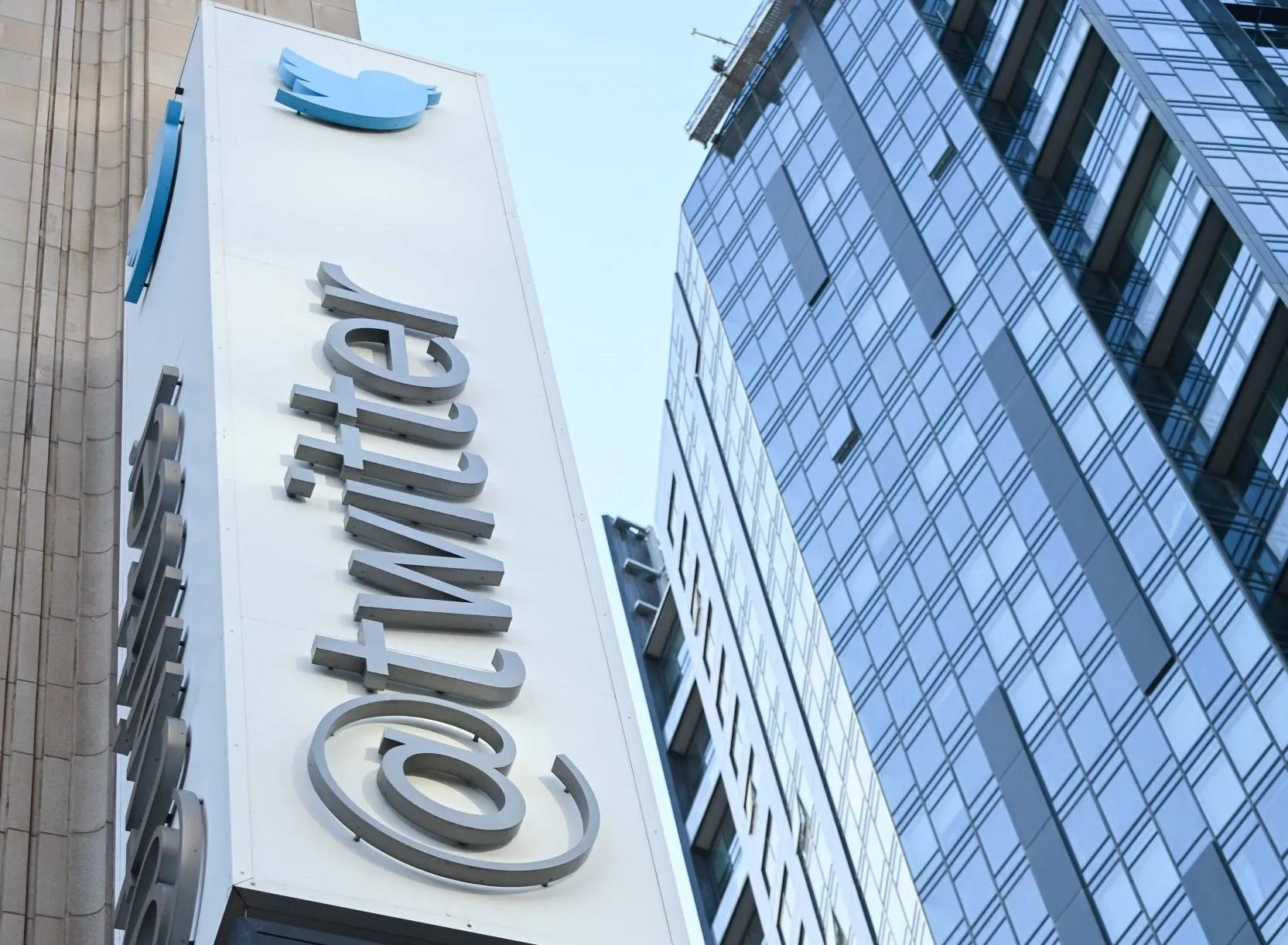Business
Elon Musk Announces Twitter’s Plan to Introduce Per-Article Charging in May

Last Updated on May 1, 2023 by Robert C. Hoopes
Elon Musk, CEO of Tesla and SpaceX, made the stunning news on Thursday that Twitter would begin charging per story in May. As a result, some content on the widely used social networking platform will need payment to view for regular users.
The reaction to the change has been divided, with some applauding it as a method to safeguard high-quality material and others expressing worry that it will make the site inaccessible to those without financial means.
Actually, Musk has always been in favor of charging for content, since he thinks that’s the best way to make sure that creators get paid fairly. Announcing the change via Twitter, he claimed it would “promote high-quality information” there.
Some worry that this will make it harder for smaller publishers and freelance journalists to compete with larger, well-funded organizations. Concerns have been raised that those with lesser means may find it more difficult to get access to relevant news and information as a result of the change.
Despite these reservations, the shift towards article-by-article pricing appears to align with a larger trend toward increased monetization of social media content. There will undoubtedly be more and more attempts to commercialize content in the coming years, as platforms like Facebook and Twitter are under increasing pressure to earn cash.
However, the potential effects of these shifts on the media ecosystem as a whole are a source of concern as well. The shift towards paid content on social media platforms might have a significant influence on the capacity of independent journalists and smaller publications to reach their audiences, especially as these platforms increasingly become the major source of news and information for many people.
Overall, Elon Musk’s declaration that Twitter will implement per-article charging in May is a major step forward in the evolution of social media platforms. While this shift raises some legitimate concerns, it also presents an opening for content producers and publishers to earn fair compensation and for social media to improve the quality of the information they provide to their users.


